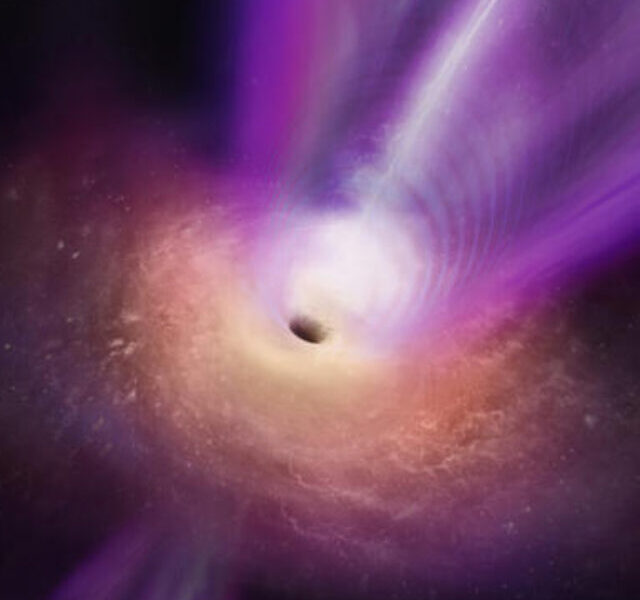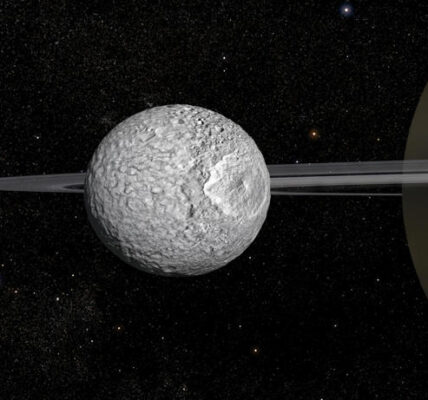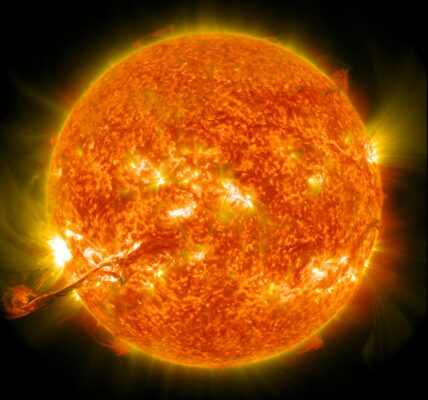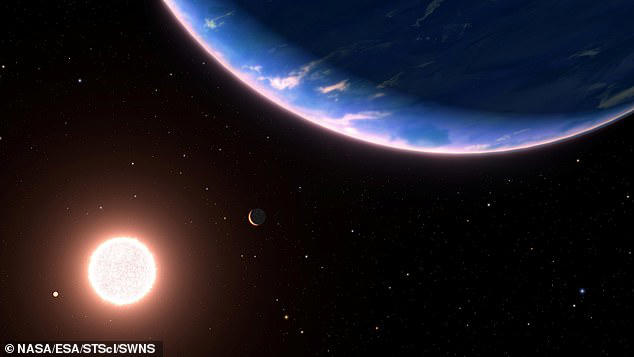Super-Eddington Black Hole: A Cosmic Feast
A super-Eddington black hole has been discovered, challenging our understanding of black hole growth. This cosmic behemoth is growing at an unprecedented rate, defying the theoretical limits of matter accretion.
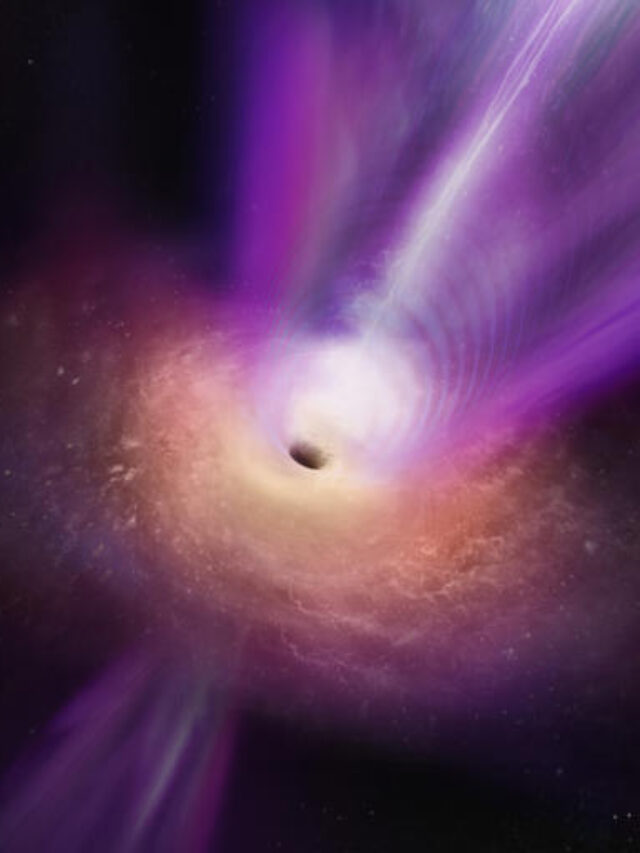
© NOIRLab/NSF/AURA/J. da Silva/M. Zamani
Introduction
Astronomers have uncovered a super-Eddington black hole that’s breaking records. This cosmic glutton is devouring matter at a rate that far exceeds theoretical predictions. Located in the early universe, this black hole is providing invaluable insights into the formation and evolution of these enigmatic objects.
A Hungry Monster
The newly discovered super-Eddington black hole is growing at a staggering pace, gaining mass equivalent to seven million suns in just 12 million years. This rapid growth rate is a testament to its voracious appetite.
Defying the Limits
Black holes are typically limited by the Eddington limit, which defines the maximum rate at which they can accrete matter. However, this super-Eddington black hole is pushing the boundaries of this limit. Its extreme feeding behavior is challenging our understanding of black hole growth.
A Glimpse into the Past
This cosmic behemoth existed just 1.5 billion years after the Big Bang. By studying this super-Eddington black hole, astronomers can gain valuable insights into the early universe and the formation of supermassive black holes.
A Powerhouse of X-rays
As the black hole devours matter, it releases enormous amounts of energy in the form of X-rays. These X-rays, detected by the Chandra X-ray Observatory, provide a clear signature of the black hole’s intense feeding activity.
Breaking the Rules
While the super-Eddington black hole seems to defy the laws of physics, it’s important to note that this extreme behavior is likely temporary. As the black hole’s intense radiation pushes back on the infalling matter, the accretion rate will eventually slow down.
A Valuable Clue
Despite its temporary nature, this super-Eddington black hole provides a crucial clue to understanding how supermassive black holes can grow rapidly in the early universe.
A Bright Future
Although this super-Eddington black hole may be nearing the end of its current feeding frenzy, it’s possible that it could experience future episodes of rapid growth. As the surrounding gas cools and falls back onto the black hole, it could trigger another period of intense accretion.
Conclusion
The discovery of this super-Eddington black hole is a significant milestone in our understanding of black hole growth and the early universe. It challenges our current theories and opens up new avenues of research.
Related:
Zhurong Rover Discovers Mars Ocean: A Game-Changing Find
